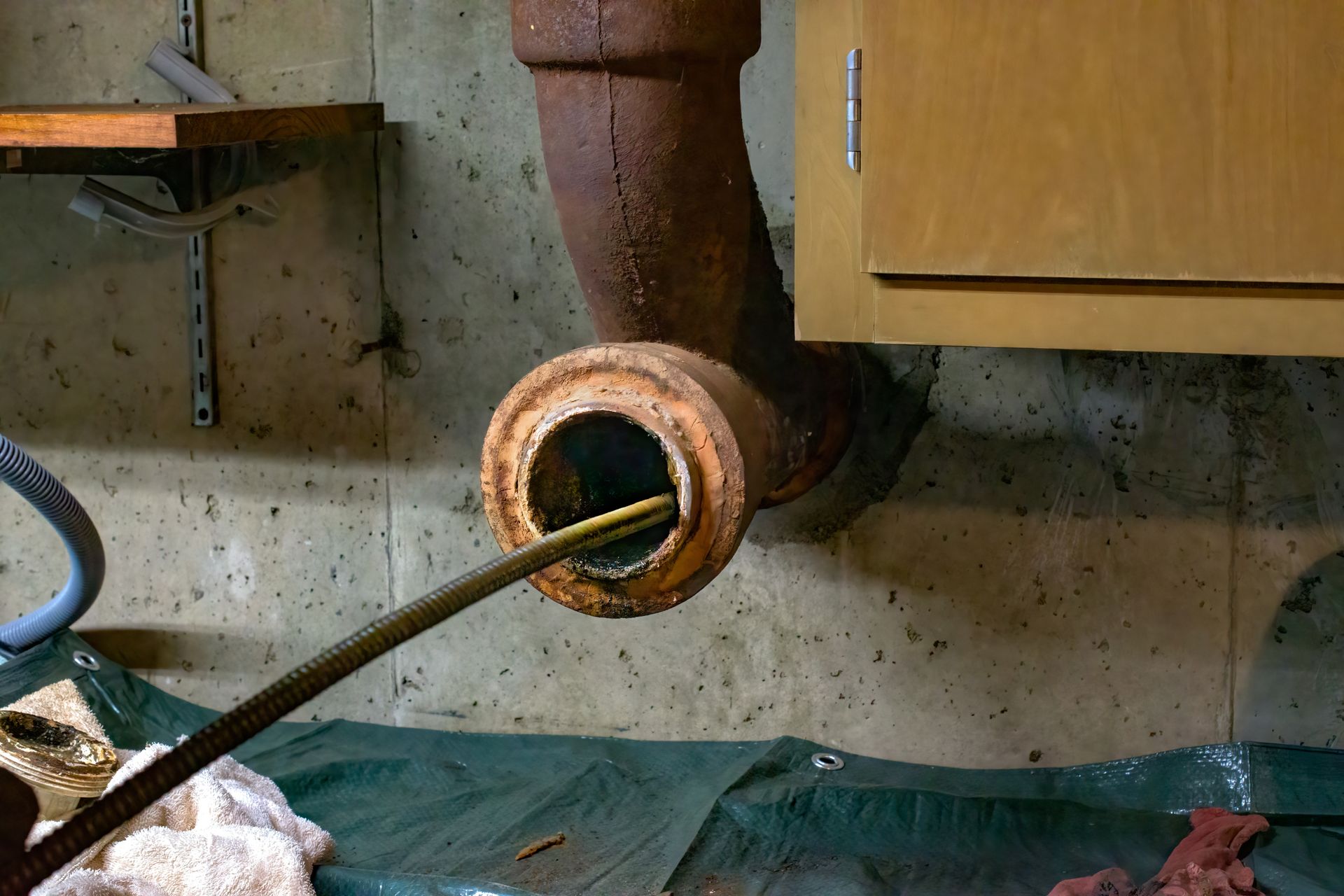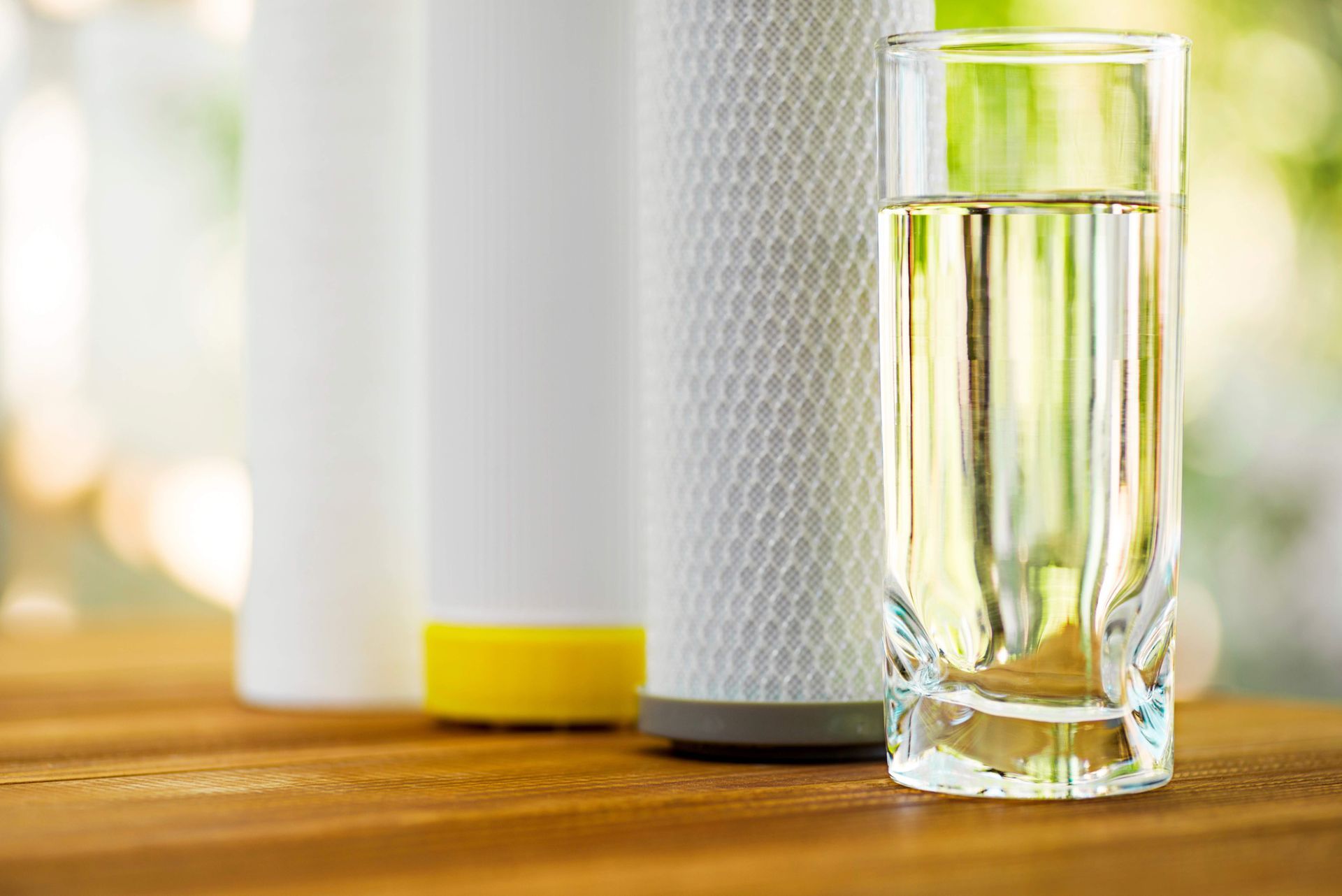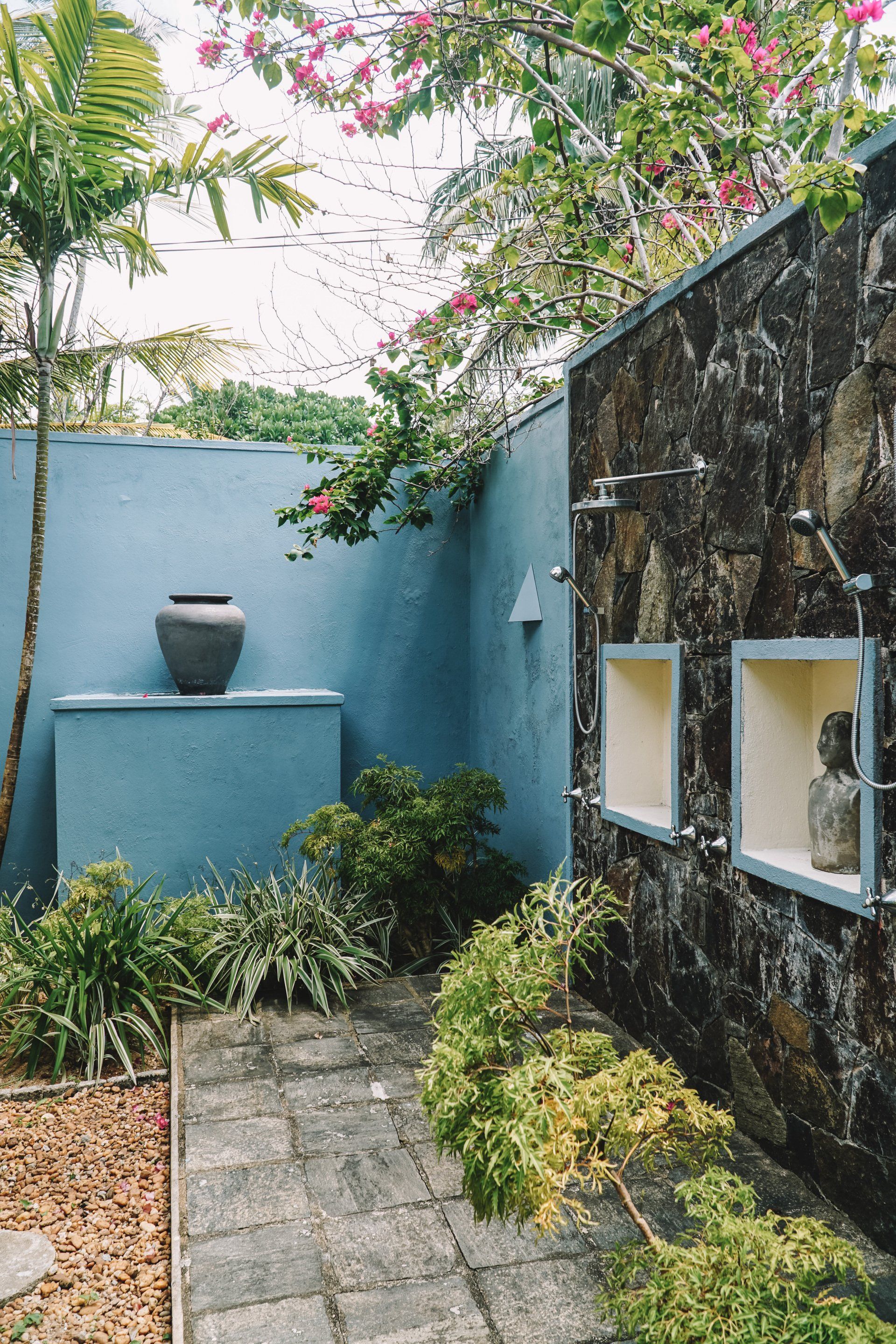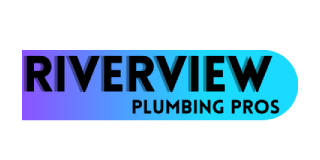Water treatment
Clearing the Waters: A Guide to Water Treatment Options and Costs
Clean, safe water is essential for our health and well-being. However, not all water sources provide the quality we need. That's where water treatment comes in. In this blog post, we'll explore various water treatment options and their average costs and weigh the pros and cons of each.
1. Filtration Systems
Average Cost: $300 - $1,000+
Pros:
- Effective at Removing Sediments: Filtration systems can remove particles, sediment, and impurities from your water, providing cleaner, clearer water.
- Easy Maintenance: They are generally easy to maintain, with filter replacements needed periodically.
Cons:
- Limited Contaminant Removal: They may not be effective against all types of contaminants, such as certain chemicals or bacteria.
- Ongoing Costs: Regular filter replacements can add up over time.

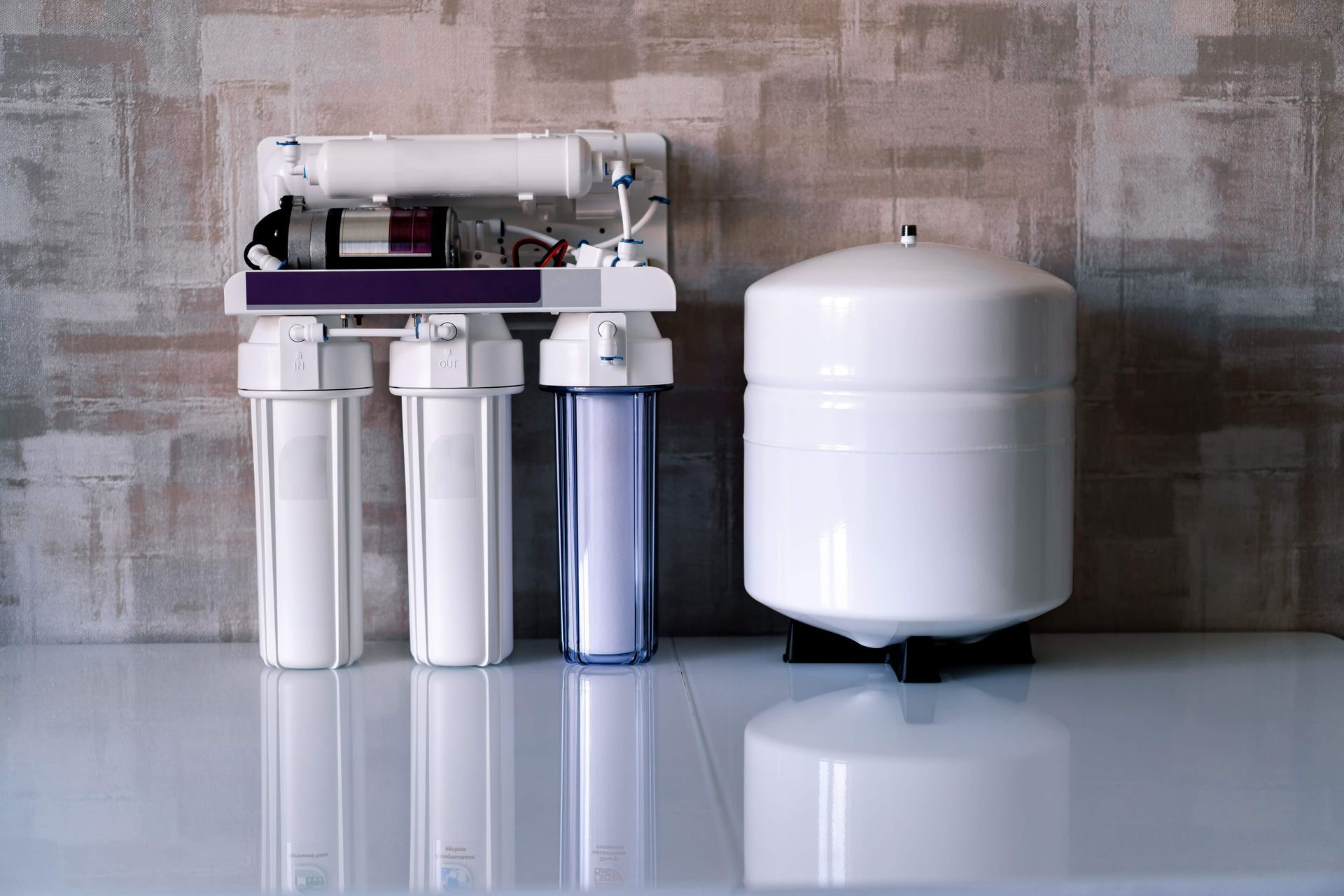
2. Reverse Osmosis Systems
Average Cost: $200 - $600+
Pros:
- Effective at Removing Many Contaminants: Reverse osmosis systems can remove a wide range of contaminants, including heavy metals, chemicals, and bacteria.
- Improved Taste and Clarity: They can significantly improve the taste and appearance of your water.
Cons:
- Wasteful: These systems can produce a lot of wastewater during the filtration process.
- Slower Flow Rate: The filtration process can be slow, which may not be suitable for households with high water demands.
3. Water Softeners
Average Cost: $300 - $2,500+
Pros:
- Prevents Hard Water Issues: Water softeners remove minerals like calcium and magnesium that cause hard water, preventing scale buildup on pipes and appliances.
- Improved Soap Efficiency: Softened water lathers better with soap and detergent.
Cons:
- Salt Usage: Many water softeners use salt, which can add to ongoing maintenance costs and may not be suitable for individuals on low-sodium diets.
- Not Effective for Contaminant Removal: They primarily address water hardness and do not remove other contaminants.
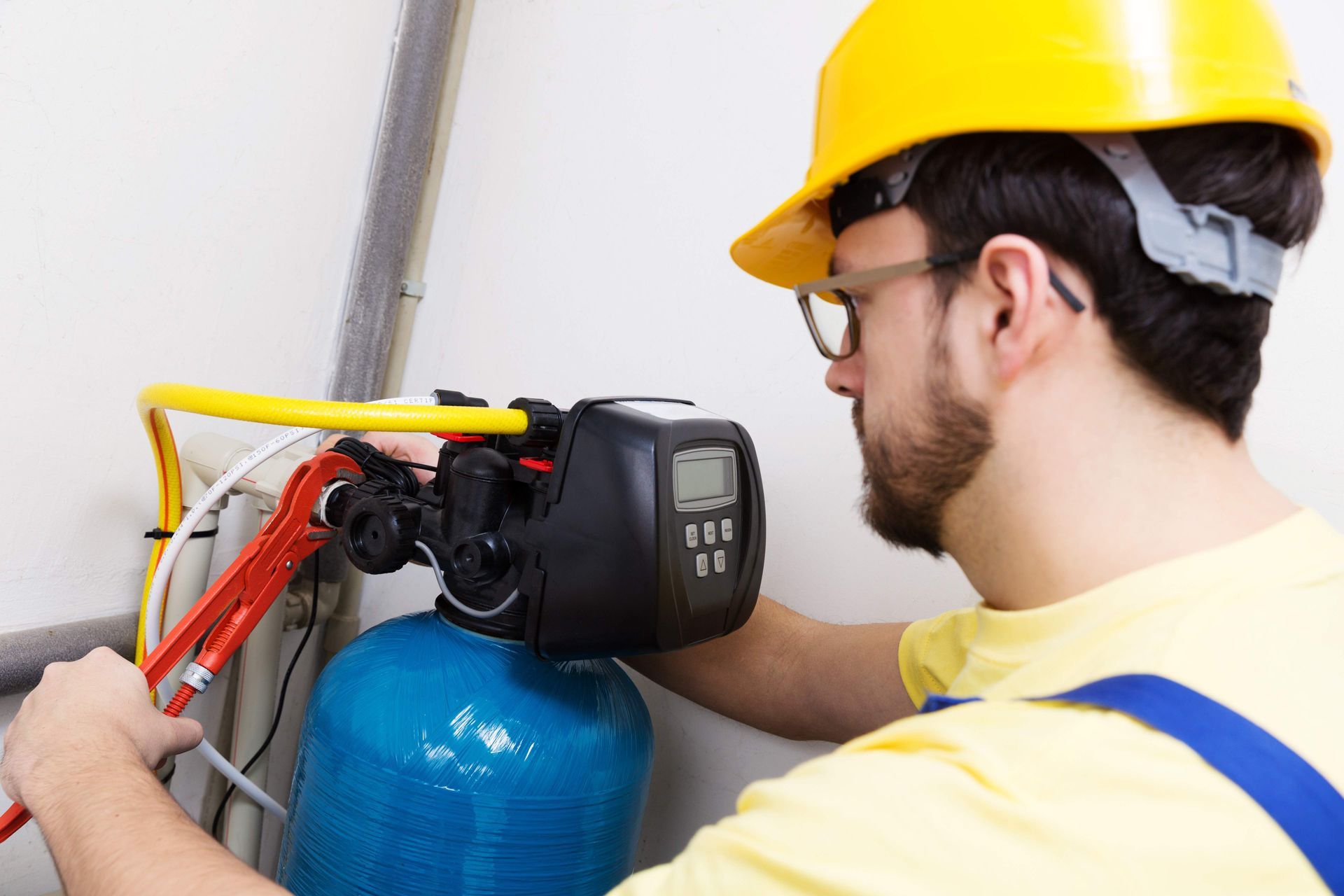

4. Ultraviolet (UV) Water Purifiers
Average Cost: $200 - $800+
Pros:
- Effective Against Bacteria and Viruses: UV purifiers can disinfect water by killing harmful microorganisms.
- No Chemicals: They do not require the use of chemicals, making them eco-friendly.
Cons:
- Limited to Microorganisms: UV purifiers do not remove chemicals, minerals, or other non-living contaminants.
- Electricity Dependent: They require electricity to operate.
5. Whole-House Water Treatment Systems
Average Cost: $1,000 - $5,000+
Pros:
- Comprehensive Solution: Whole-house systems can address a wide range of water quality issues, including sediment, chemicals, and hardness.
- Improved Water Throughout the Home: Every tap in your house benefits from treated water.
Cons:
- Higher Upfront Cost: The initial investment can be substantial.
- Professional Installation Required: Installation may require professional expertise, adding to the overall cost.
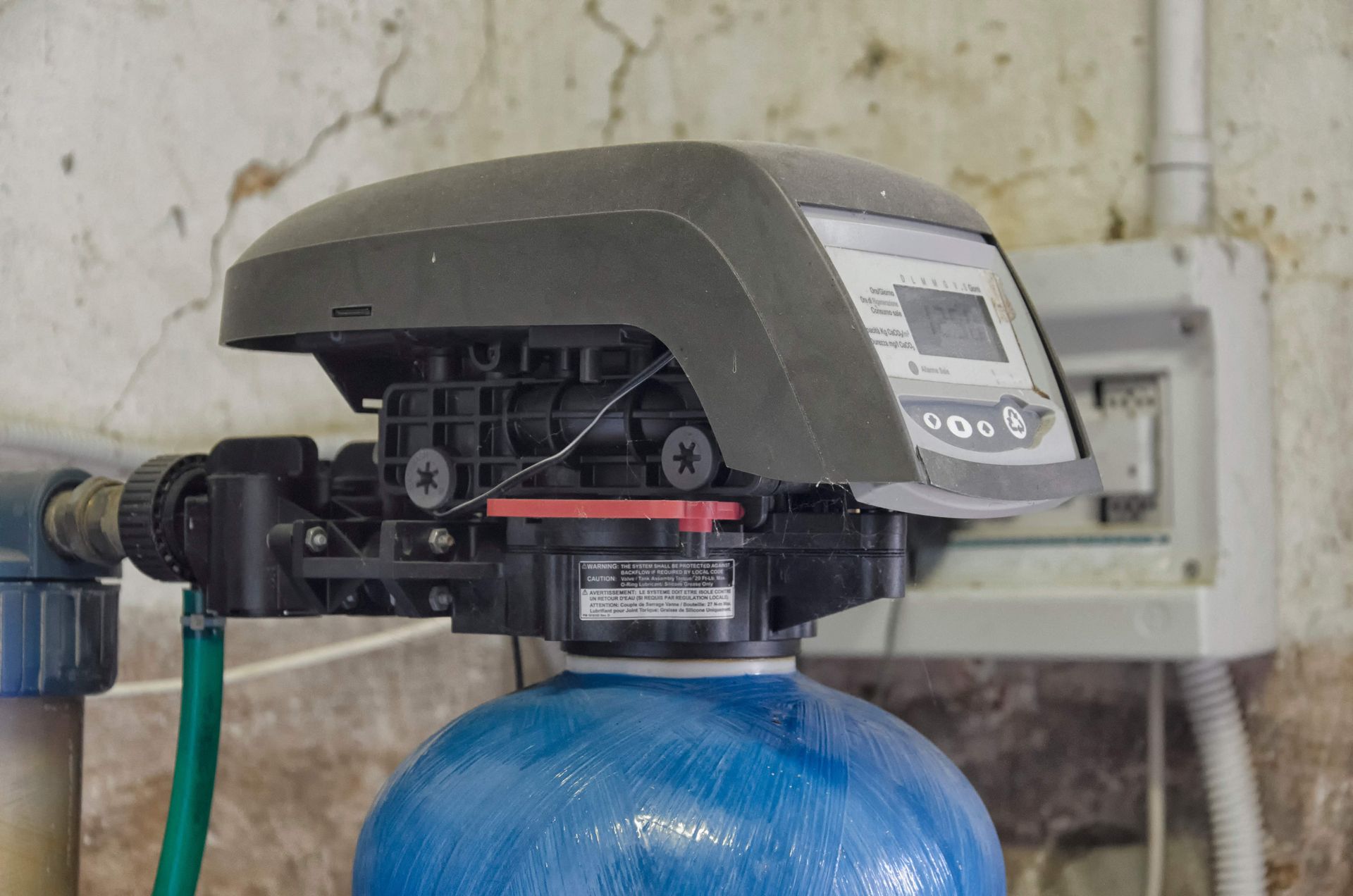
Choose the Water Filtration System that is Right for You
The choice of water treatment method depends on your specific water quality concerns, budget, and preferences. Each option has its advantages and disadvantages. Riverview Plumbing Pros can help assess your needs and determine the best solution for your home and specific needs. Clean, safe water is an investment in your health and the well-being of your household.
Request a Quote
You might also like
RIVERVIEW PLUMING PROS BLOG
